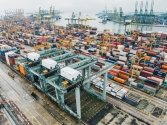What you don't know about solar trade wars
By Edward CahillChina's Ministry of Commerce declared provisional antidumping (AD) duties against solar-grade polysilicon from the U.S. and South Korea.
The penalties range from 2.4% for Korean manufacturer OCI, to 57% for U.S. manufacturer AE Polysilicon; Hemlock Semiconductor and MEMC's penalties are 53.3% and 53.7% respectively.
While China is also investing in European polysilicon manufacturers like Wacker Chemie, it did not announce penalties against European manufacturers, most likely due to current negotiations between the two regions.
Regarding duties on U.S. polysilicon, China's action is clear retaliation against tariffs imposed on Chinese solar cells announced by the U.S. last year. Nearly 65% of wafer production is in China and some U.S. polysilicon manufacturers, like REC, quote over 50% of their polysilicon production goes to Chinese wafer manufacturers.
This will make a huge impact on sales for companies like REC, Hemlock, and MEMC, which may force the U.S. to give up AD duties on Chinese solar cells in exchange for China not finalizing AD duties on U.S. polysilicon.
From the U.S. perspective, the AD duties on Chinese solar cells helps U.S. cell and module manufacturers very little, as Chinese module suppliers simply source cells from Taiwan. However, China's AD duties on polysilicon will hurt much larger U.S. polysilicon manufacturers.
The duties of Korean polysilicon manufacturers show this move is not just retaliatory; it is also meant to protect Chinese polysilicon manufacturers. Granted, the duties of Korea's top polysilicon manufacturer, OCI, is nearly negligible at 2.4%, other Korean manufacturers have AD duties up to 48.7%.
This helps protect Chinese polysilicon players like GCL, which has 65,000 MT of polysilicon capacity, but produced only 37,055 MT in 2012.
Expect to hear on GCL's Q3 earnings call a large boost to production and sales as the AD duties now limit its main competition to Wacker Chemie and OCI. The AD duties will also prop up smaller Chinese polysilicon producers as the central government targets solar manufacturing dominance across the value chain.
China has not imposed duties on European polysilicon because China and Europe are in the midst of settling disputes originating with the European Union imposing AD duties against Chinese wafers, cells, and modules.
Initial reports suggest the EU will allow Chinese imports up to 7 GW/year with a minimum price of €0.56/W; any products sold beyond the 7 GW limit will be hit by the original AD duties that will increase from 11.8% to between 37% and 68%.
This settlement will allow manufacturers, both foreign and domestic, to sell into Europe at higher prices than before the trade disputes. It will also settle the uncertainty that has stalled installations in Europe. This settlement will benefit both Chinese and European solar companies, downstream and upstream, but it leaves the U.S. on the outside looking in.



















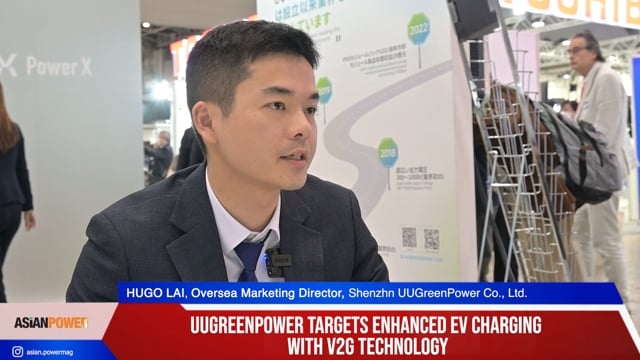
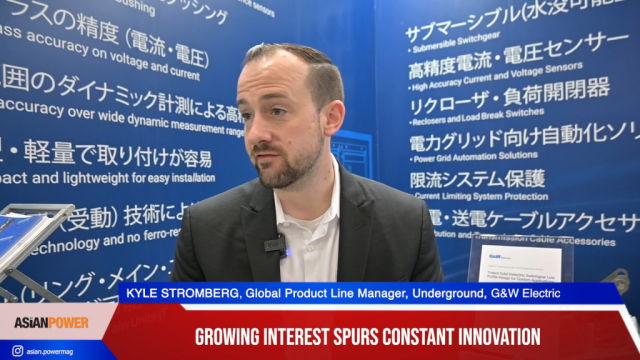
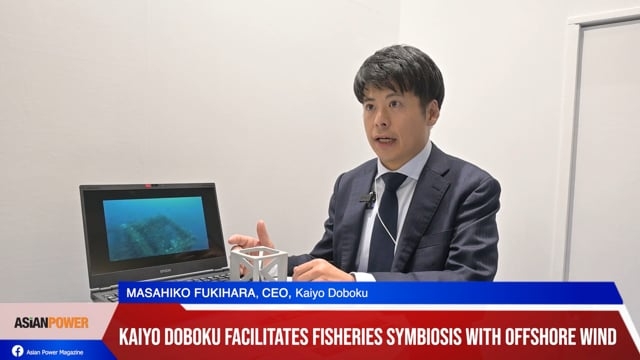
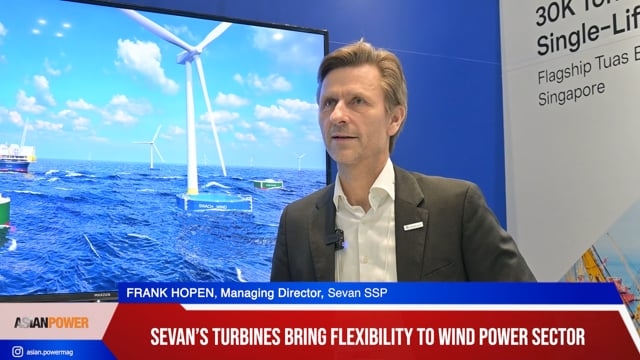

 Advertise
Advertise
